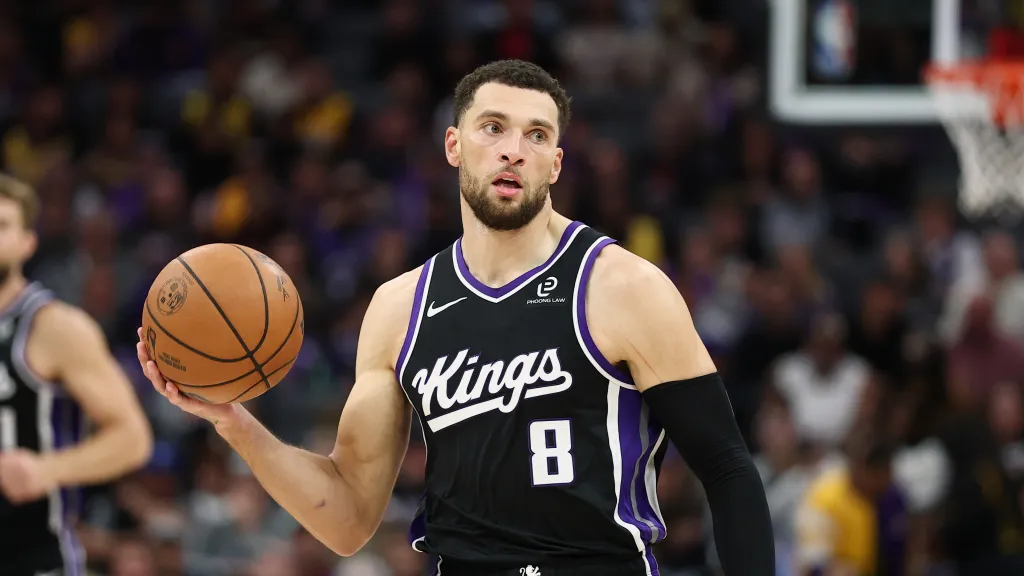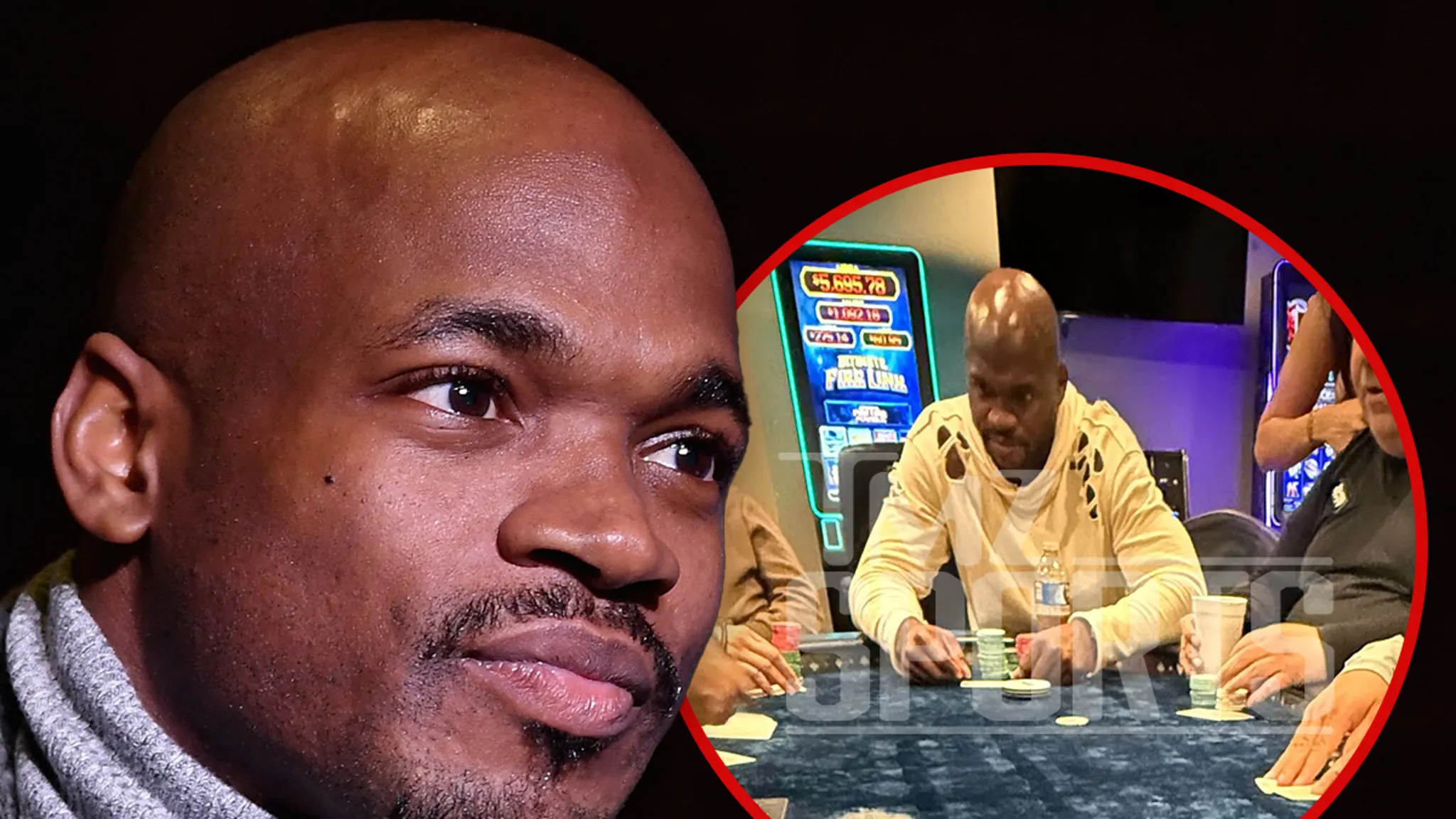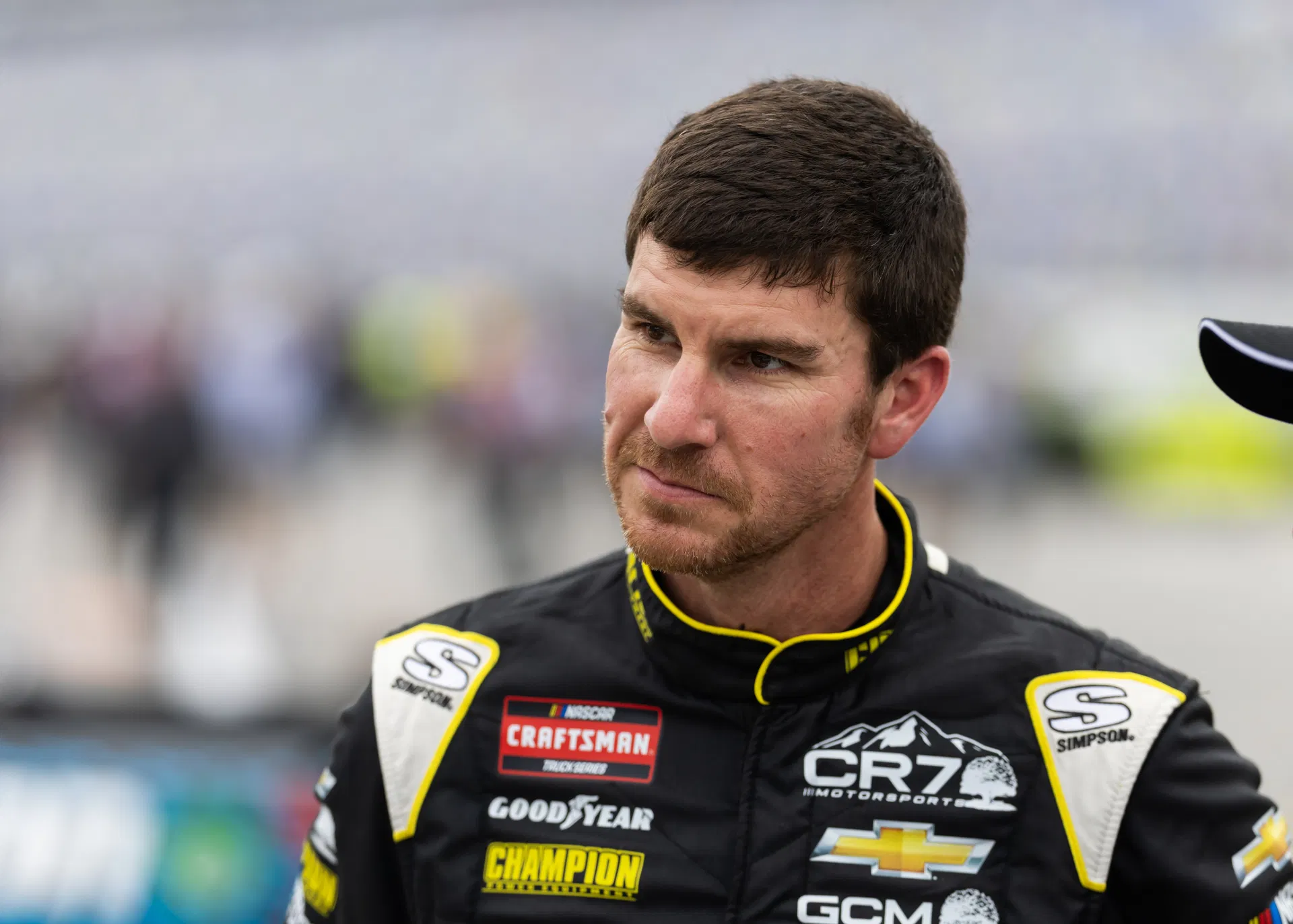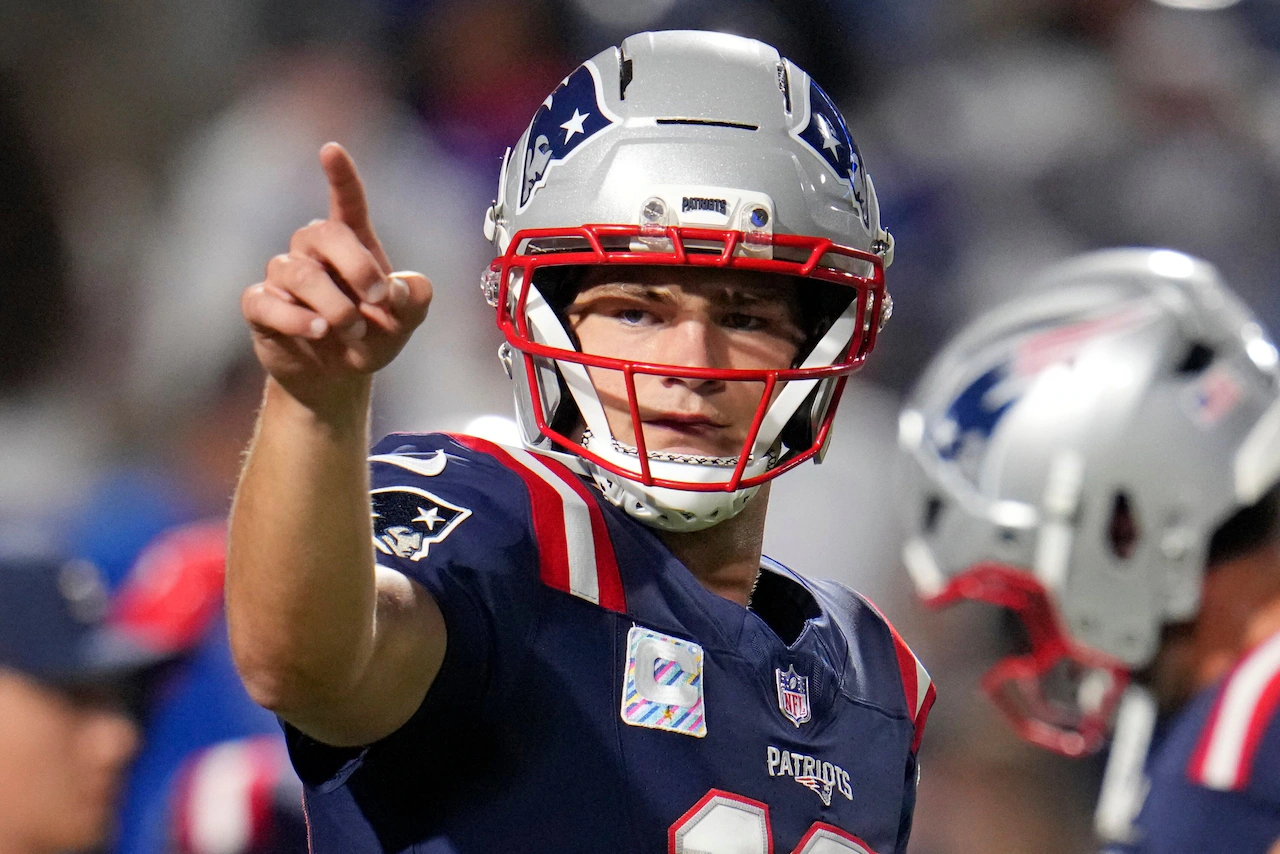Copyright Chicago Tribune

Zach LaVine returned to the United Center on Wednesday for the first time since last February’s trade to the Sacramento Kings, earning a warm reception from Chicago Bulls fans. LaVine will always be one of the franchise’s most productive stars, and is still one of only six players to score 50 or more points in a Bulls uniform, along with Kings teammate DeMar DeRozan, Chet Walker, Jamal Crawford, Jimmy Butler (twice) and Michael Jordan (38 times). He also holds the franchise record for most 3s in a game — 13 against Charlotte on Nov. 22, 2019 — and led the team in scoring four times, while tying once with Lauri Markkanen. So why couldn’t the Bulls win with the superstar in his prime, especially when LaVine was teamed with DeRozan? Coach Billy Donovan pointed to Lonzo Ball’s knee injury, which curtailed the Bulls’ season in their last playoff year of 2021-22. “He understood the four guys on the floor,” Donovan said before Wednesday’s game. “He understood how to get Zach out in transition and get him in space. He knew when the game needed to be slowed, and when we could get DeMar and (Nikola Vučević) into spots. And he and Alex (Caruso) were monsters on the perimeter defensively.” Donovan lamented the fact they never got another chance to see what Ball would’ve done with DeRozan, LaVine, Caruso, Vučević and Coby White all together. “Some of it, a lot of it, was probably out of our control in some ways,” he said. “It would’ve been great to see that whole group stay together and see what it would’ve looked like.” LaVine opted not to meet the media before his homecoming game, but was expected to speak afterward. With their balanced attack, could the Bulls have a game with five scorers with 20 or more points? It’s been done once before in Bulls’ history, on Jan. 8, 1970, at the old Chicago Stadium in a 152-123 rout of the Phoenix Suns. The five players were Bob Love (34 points), Clem Haskins (24), Bob Weiss (24), Tom Boerwinkle (22) and Chet Walker (20). Boerwinkle also set a franchise record with 37 rebounds, which remains atop the record book 55 years later. Coach Dick Motta told the Tribune’s Bob Logan that “the big guy (Boerwinkle) gave us the ball and let us run. I’ll bet we didn’t use 10 sets (plays) tonight.” Logan noted the small crowd of 5,086 at the Stadium hung around “to egg on the home team in pursuit of the 150 point goal, and the fans’ patience was rewarded when Shaler Halimon’s driving basket with 30 seconds left to play gave the Bulls a 151-121 advantage.” The 1969-70 Bulls team was the start of the era of Love, Walker, Boerwinkle and Jerry Sloan teams that put the franchise on the map before Michael Jordan changed it into an international brand. This is the first full year of the Giddey-White-Matas Buzelis era, though White is not playing yet due to his calf strain, putting more focus on Giddey. The 3-0 start going into Wednesday was an indication he feels more comfortable as a leader. “After a year, you understand what needs to be done,” Giddey said. “Coming here my first year, I didn’t want to step on any toes. I wanted to fit in and just fly under the radar. This year, I look around this locker room and really believe in this group of guys we have, and I really wanted to take a step forward in that leadership role, try to use my voice more, especially as a point guard. “You have to be an extension of Billy (Donovan) out there on the floor, so (I’m) trying to communicate with him in games. It’s been a good start for us, but a long, long season ahead. This has to be a regular thing. We can’t pick and choose when we want to play that way.” Though he’s not lobbying to be an assistant to Donovan, White has been vocal on the bench. He’s been seen pulling players aside during timeouts and offering his perspective on plays. “He’s being a leader,” Ayo Dosunmu said. “He’s unable to play physically, but that doesn’t mean he can’t lead and use his voice. He’s been doing a great job of that, whether it’s texting us the night before the game or on the bench talking to us. He’s been doing a great job. “I know how that feels when you want to be out there and help the team and put so much work into the offseason to be there. But due to circumstances of the game of basketball, it’s not the time for him to be out there. But he’s done a great job keeping a positive attitude, leading and being involved.” In his latest fireside chat for NBC Sports’ NBA coverage, Michael Jordan blasted the “load management” strategy used by NBA teams to rest players. “It shouldn’t be needed, first and foremost,” Jordan said. “I never wanted to miss a game because it was an opportunity to prove. It was something that I felt like the fans are there to watch me play. I want to impress that guy way up on top who probably worked his ass off to get a ticket, or to get money to buy the ticket.” Jordan spoke of twisting an ankle early in his career and being told by a veteran to sit on the bench and relax. Said he refused, thinking of how he still needed to prove himself. Another such occasion, however, was well after he had proven himself. On May 4, 1993, in a first-round playoff win in Atlanta, Jordan slipped and heard a “pop” in his right ankle in a game against the Hawks. After putting a scare into Bulls Nation when he was helped off the floor, Jordan returned to the game and finished with 39 points in a 98-88 win. “The guy’s amazing,” teammate Scott Williams said. “He twists his ankle, still comes back, helps us secure the victory and scores 39 points. I can’t wait until he retires and I’m going to be able to read his book. It’s going to be absolutely phenomenal.” Jordan went on to score 43 points in his next game, a series-opening win over the Cleveland Cavaliers, and led the Bulls to their third straight NBA title that June. He then retired, un-retired, and, well, you know the rest of the story. The NBA is a different game now, and arguably much less physical than it was in the 1990s. But players are bigger and stronger and have more movement. Golden State coach Steve Kerr, Jordan’s old teammate in Chicago, defended load management as a better way of keeping players physically ready for the modern game. “Compared to 25 years ago, 20 years ago, it’s dramatically different,” Kerr said. “So the stress on these guys’ bodies, I think, is way more than what it was in the past.” Some players are just old and need a rest, though Vučević, 35, is proud of being someone who plays every night and doesn’t ask for load management. “Obviously with all the stuff we have access to, all the knowledge from the medical side, recovery, eating, sleeping and all that, now we know much more because of what we have access to as players,” Vučević said. “So that helps a lot. It’s getting to know your body and what works for you, and try to manage it. And if you’re lucky to not have an injury, that helps as well.”



